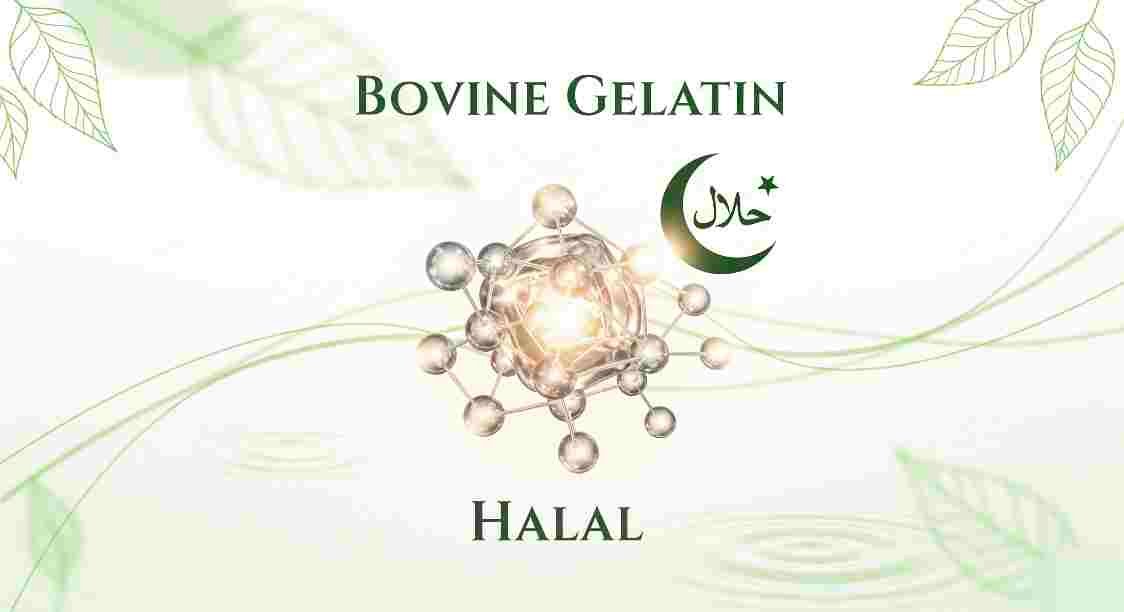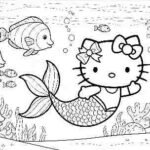In today’s global marketplace, where ingredients come from all over the world and land on your plate or in your supplements without much explanation, questions around food purity, religion, and transparency are becoming more important than ever. One such question we hear often is: what is bovine gelatin halal?
At first glance, it seems like a straightforward question. But when you peel back the layers—religious law, food science, ethical sourcing—you find that the answer is far richer, and more meaningful, than most people expect. This article will explore everything you need to know, from what bovine gelatin is, to when and how it can be considered halal, and how to shop with confidence.
First, What Is Bovine Gelatin?
Bovine gelatin is a natural protein derived from the collagen found in the bones, skin, and connective tissues of cows. It is commonly used in a wide range of products including:
- Gummy candies and marshmallows
- Capsules for medicine and supplements
- Jellies, puddings, and yogurts
- Cosmetics and skincare products
Gelatin is flavorless and colorless but has the unique property of gelling liquids and giving that chewy or jelly-like texture we often associate with certain desserts or pills.
But when we ask what is bovine gelatin halal, we’re not just asking about its source—we’re also asking how it was sourced and processed.
What Makes Something Halal?
To understand what is bovine gelatin halal, we must understand the meaning of “halal.” In Islam, halal (Arabic: حلال) means permissible according to Islamic law (Shariah). For food to be halal, it must meet specific conditions, including:
- The animal must be slaughtered by a Muslim.
- The slaughter must be done in the name of Allah.
- Blood must be fully drained from the veins.
- The animal must be healthy at the time of slaughter.
- The processing and manufacturing must not mix with haram (forbidden) elements like pork or alcohol.
If bovine gelatin is sourced from a cow that was not slaughtered according to halal practices, the resulting gelatin is not halal, even though the animal itself is generally considered a halal species.
So, What Is Bovine Gelatin Halal?
Now to the core question: what is bovine gelatin halal?
Halal bovine gelatin is gelatin that comes from cows slaughtered and processed according to Islamic law. That means:
- The cows are halal-slaughtered.
- There is no cross-contamination with haram substances (e.g., pork-derived gelatin).
- The manufacturing process is supervised or certified by a halal authority.
Halal-certified gelatin products are usually verified by reputable organizations like JAKIM (Malaysia), IFANCA (USA), or the Halal Food Authority (UK). Their seal assures Muslim consumers that the product meets all religious guidelines.
So next time you see “halal bovine gelatin” on a supplement bottle or a candy wrapper, that label didn’t get there by accident—it was carefully sourced, verified, and certified for religious compliance.
Why Does This Matter? A Personal Story
To give this discussion a more personal, human touch, let’s hear from Amina, a college student in Toronto:
“When I started taking multivitamins during exams, I didn’t think twice about what was in the capsule. But then my roommate, who’s also Muslim, asked me if my supplements had halal certification. I had no idea. We looked it up and found that most capsules are made with gelatin—but the source wasn’t listed. That’s when I first asked: what is bovine gelatin halal, and how do I know if mine is okay?”
Amina’s experience is common. Millions of Muslims around the world face similar uncertainty when choosing food, medicine, and even cosmetics. Asking questions, reading labels, and understanding what terms like “bovine gelatin” mean can help people make informed and faith-aligned decisions.
How to Identify Halal Bovine Gelatin Products
Here are a few tips to help you shop with confidence:
- Look for Halal Certification
Trustworthy products will have a logo or certification from a known halal authority. - Read the Ingredients
If the label says “bovine gelatin,” but doesn’t mention halal status, it may not be safe for observant Muslims. - Check the Company Website
Many brands now list halal certifications online or provide customer support for ingredient sourcing. - Use Trusted Halal Apps
Apps like “Scan Halal” or “Muslim Pro” can scan barcodes and give you a breakdown of whether a product is halal-certified. - When in Doubt, Ask
Brands that are serious about transparency will respond to consumer questions.
Final Thoughts: Food Choices, Faith, and Trust
At the heart of the question what is bovine gelatin halal lies something deeper than just ingredients. It’s about faith, trust, and the right to make choices that align with your beliefs. In a world where products are mass-produced and shipped globally, transparency is more than a bonus—it’s a necessity.
Understanding halal food rules isn’t just helpful for Muslims; it also promotes cultural awareness, ethical sourcing, and inclusivity. Whether you’re buying gummy vitamins or planning meals for a diverse group, knowing what goes into your food helps everyone make better, more respectful choices.
So next time you see bovine gelatin on a label, take a moment to consider not just what it is, but how it got there—and whether it fits your values.


